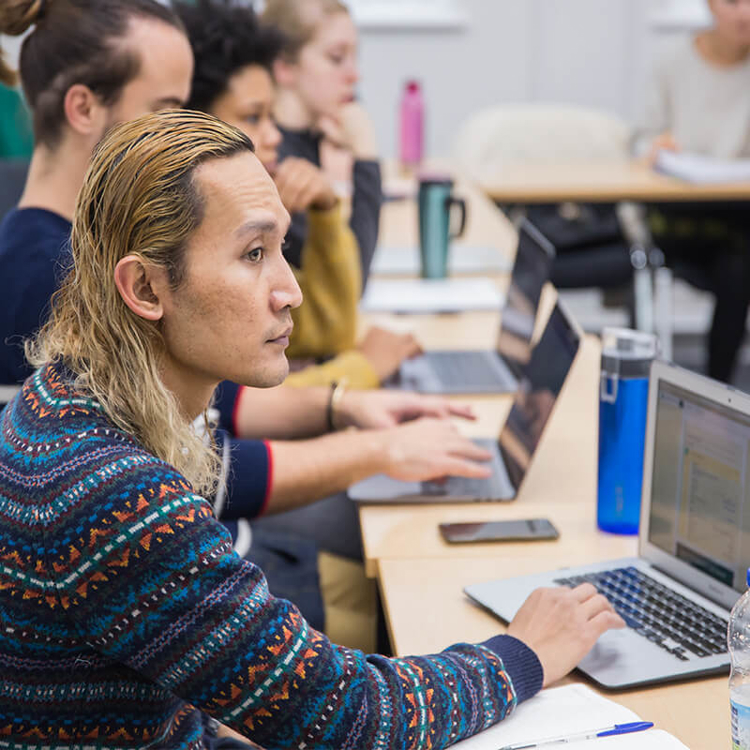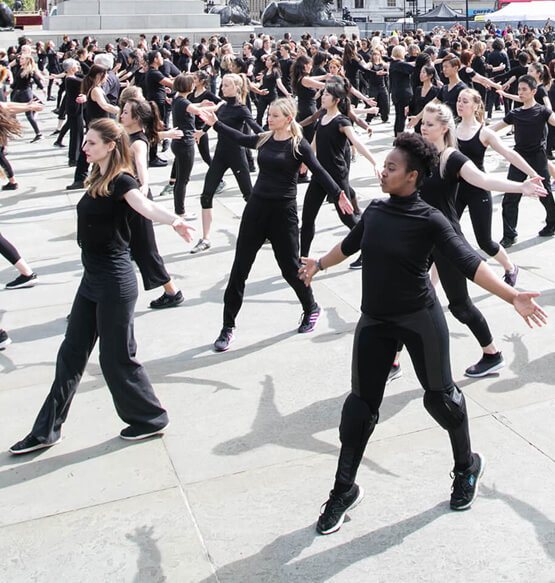Duration:
1 year (full-time)
2 years (part-time)
Please add an additional year if undertaking the Professional Experience Year: integrated 2-year masters
Number of credits:
MA: 180
PGDip: 120
PGCert: 60
Start date(s):
September 2025
Open your mind to a range of perspectives on crime and justice, and the impact they have on society today.
Did you know?
This programme is developed and taught by our dynamic, research-led team of criminologists. You'll undertake in-depth study into key issues of crime and justice.
Modules
Professional Experience Year
This course also offers the option of a Professional Experience Year. This programme combines dynamic career modules with flexible placement opportunities. After completing your first year of study, you'll then complete a full year of Professional Experience training as part of your degree. This will give you real career experience. This unique opportunity offers you distinct paths to build your expertise.

Skills
On our MA Criminology and Criminal Justice, our priority is ensuring that you graduate with a professional skillset.
This incorporates;
- Drawing on a diverse range of Social Science disciplines such as criminology, law and socio-legal studies, psychology, sociology and human rights.
- Offering a step-by-step theoretical and practical grounding in criminological research.
- Gaining key skills for your own research project, including research design, data collection and data analysis, whilst benefitting from the support of a thesis supervisor throughout.
These three strands ensures a dynamic and outward-looking syllabus which encourages fresh thinking in the study of crime and justice.
Learning
Become a specialst in criminology.
Our range of exciting new optional modules will enable you to specialise in key criminological topics such as migration, online harm, environmental justice and genocide.
You will gain a strong foundation of knowledge and be introduced to criminology within its historical and cultural context. You will also examine a range of contemporary issues such as global crime networks, mass incarceration, policing, organised crime and counter-terrorism.
The programme also offers a step-by-step theoretical and practical grounding in criminological research.
Careers
Go further with an expert degree behind you.
You will be equipped with the knowledge, competencies and skills to prepare you for further study at PhD level.
You could go on to work as:
- Probation officer
- Correctional officer
- Criminal profiler
- Policy analyst
- Paralegal
- Crime prevention specialist
- Academic researcher
- Social worker

Open days
Get a real taste of our campus, community and what it’s like to study at Roehampton
Applying
UK postgraduate students apply through our direct application system.
Specific entry requirements
This Master's programme is open to students with undergraduate degrees in any discipline. Non-graduates with appropriate professional qualifications will be considered on an individual basis.
General entry requirements
September 2025 entry tuition fees (UK)
| Level of study | Full-time | Part-time* |
| MA | £9,250 Professional Experience Year: £2,500 |
£4,625 |
*Year 1 fee
We offer a wide range of scholarships and bursaries. See our financial support pages for UK students.
We also provide other ways to support the cost of living, including free buses and on-campus car parking, hardship support and some of the most affordable student accommodation and catering in London. Find out more about how we can support you.
International postgraduate students apply through our direct application system.
Specific entry requirements
This Master's programme is open to students with undergraduate degrees in any discipline. Non-graduates with appropriate professional qualifications will be considered on an individual basis.
General entry requirements
September 2025 entry tuition fees (international)
| Level of study | Full-time | Part-time* |
| MA | £18,250 Professional Experience Year: £2,500 |
£9,125 |
*Year 1 fee
We offer a wide range of scholarships and bursaries. See our financial support pages for international students.
We also provide other ways to support the cost of living, including free buses and on-campus car parking, hardship support and some of the most affordable student accommodation and catering in London. Find out more about how we can support you.






